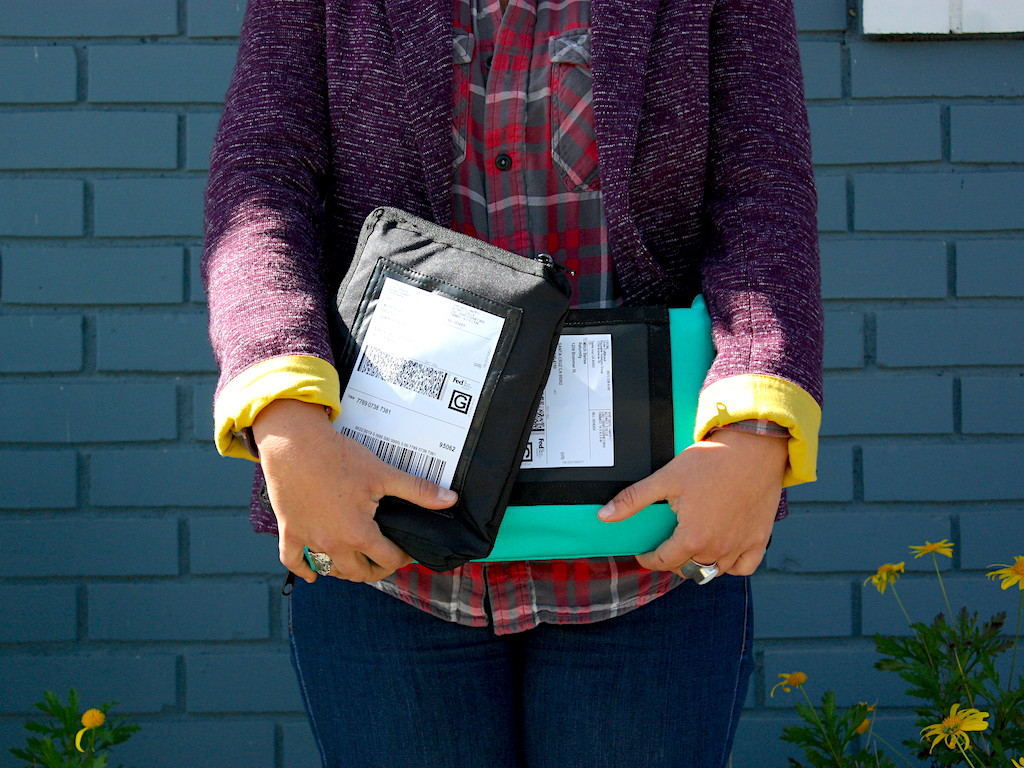5 Mins Read
Packaging is one of the biggest contributors to plastic waste – but our modern society just can’t seem to cut it out. Can these companies help?
Living packaging-free is no easy feat, with almost every product on supermarket shelves, at clothing stores, and in our online deliveries all coming in either plastic bags, wraps, envelopes, paper parcels, or cardboard boxes. There’s never been more of a need for real, sustainable packaging solutions.
Enter this new batch of startups below, who are dreaming up circular models to solve the problem. Instead of making packaging less environmentally damaging, they want to close the loop entirely, ensuring that it can be reused or renewed. Plus, they’re making these options convenient, easy to use, and scalable too – these innovators are going to be the ones to watch. Let’s take a look.
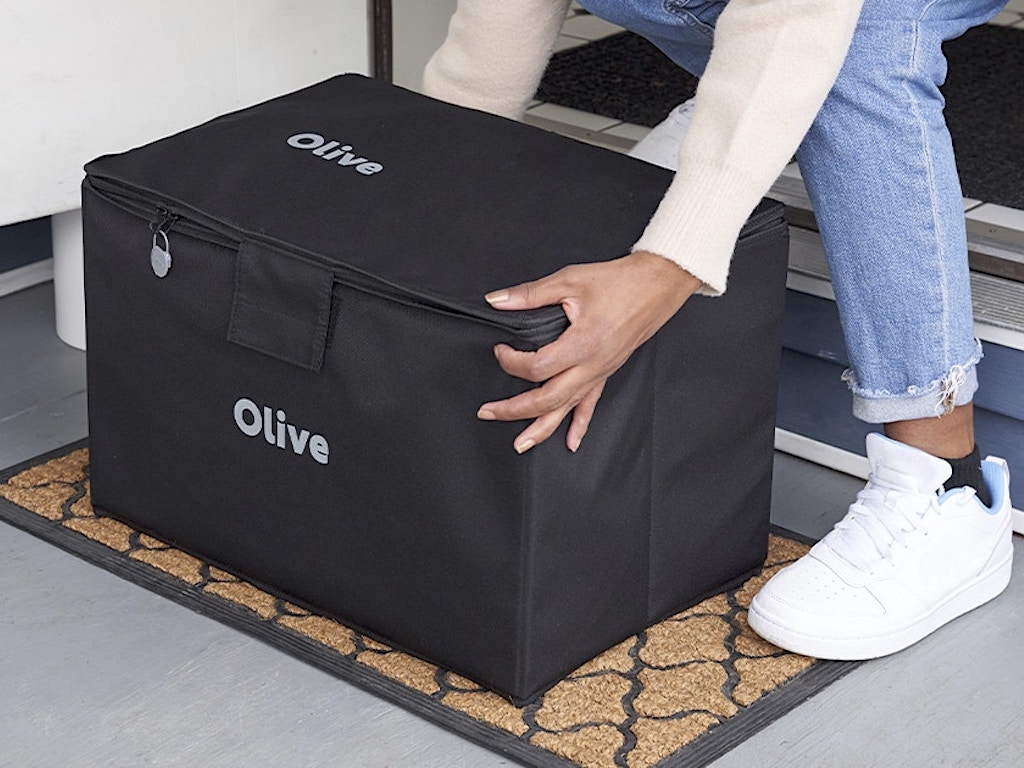
1. Olive
Olive wants to “unbox” every online delivery shipment that arrives at your door. Founded by Nate Faust, who formerly headed Walmart’s American e-commerce supply chain and co-founded Jet.com, the young U.S.-based startup makes it super easy for consumers to get their online fashion hauls delivered to them in reusable cardboard-free “shippers” that are made from recycled plastic bottles, pallets, cups and polyester. Olive partners with labels like Adidas, Alo and Rag & Bone, so that all users have to do is to sign up (for free), download their browser extension or use the Olive app to browse through affiliated brands and get their stuff delivered packaging-free on a weekly basis.
Want to know more about Olive? Read our feature here.
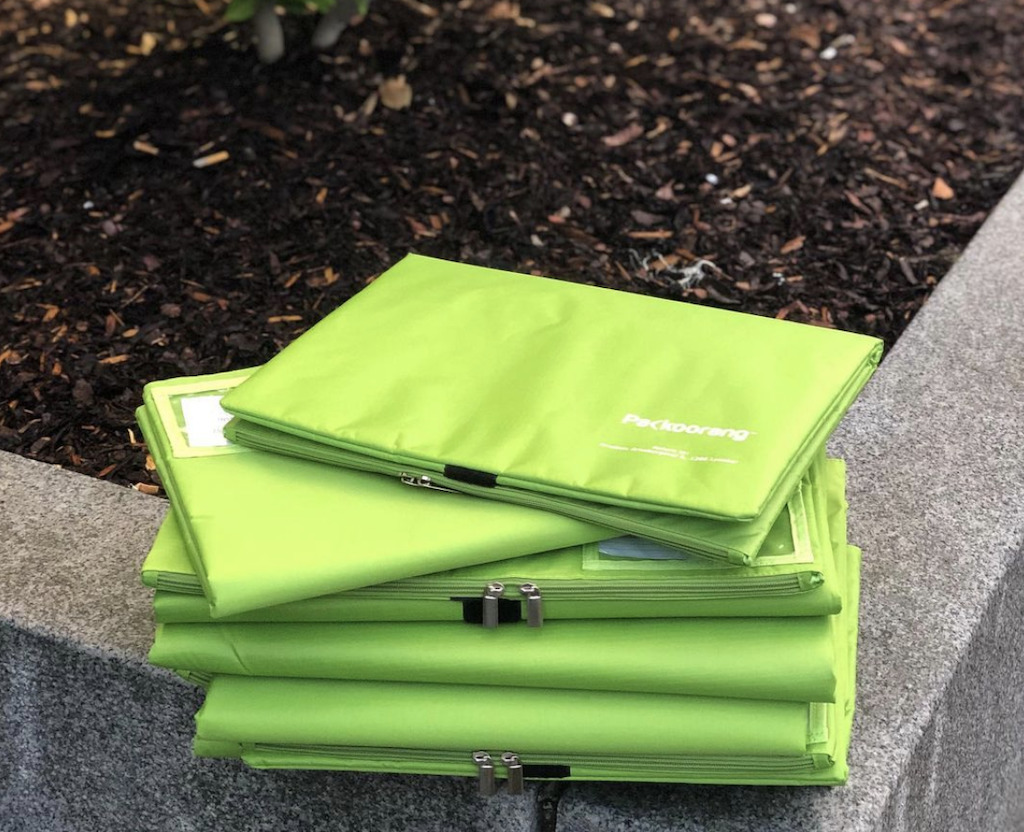
2. Packoorang
Packoorang is a Norwegian company specialising in reusable packaging that can be recirculated for more than 100 trips. Their reusable bags are made out of recycled bottles and off-cuts of polyester from clothing factories, and are padded with a layer that protects all the contents inside. Brands working with Packoorang simply tell the firm how many mailers they need each month, and after they’re shipped out, customers can return them at their nearest collection point. Packoorang then cleans and sanitises them, before sending them back to their clients. Plus, the startup works with carbon offsetting projects around the world to ensure that all their deliveries are net-zero.
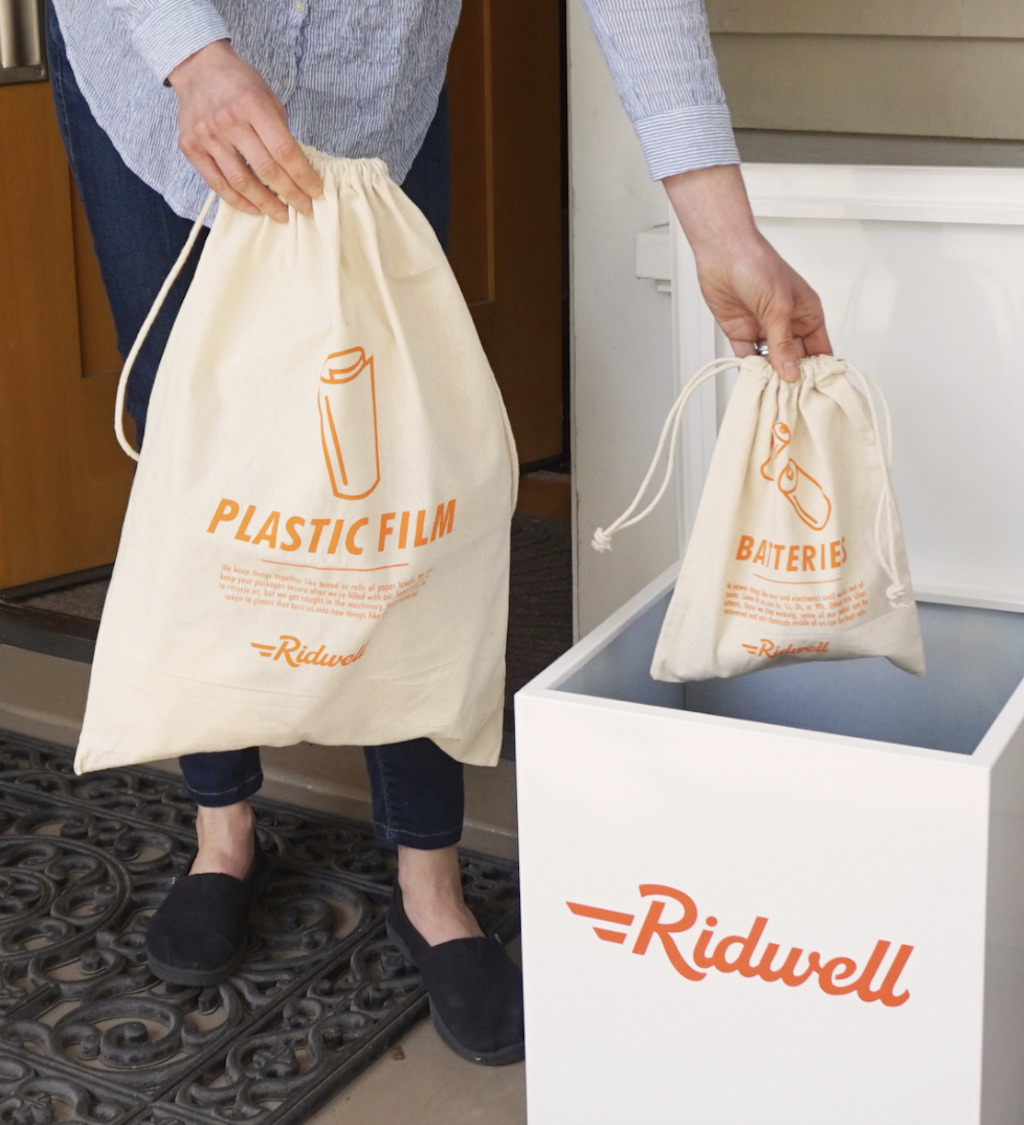
3. Ridwell
Ridwell is tackling the difficult-to-recycle products, making it easier for people without access to good recycling infrastructure or reusable solutions to live sustainably. Based in Seattle, the company gives their monthly subscribers bags to store light bulbs, plastic wrap, threads and batteries, and all you have to do is to sort your waste out into these categories. Then, Ridwell swings by to pick them up from your door. The company then tries to divert as much of the waste to reuse or upcycling projects, or sends them to the appropriate recycling station to make sure it’s being processed properly. Ridwell also helps out other businesses who want to try out a circular packaging model, offering a delivery and pick-up service to bring mailers back to their clients’ warehouses.
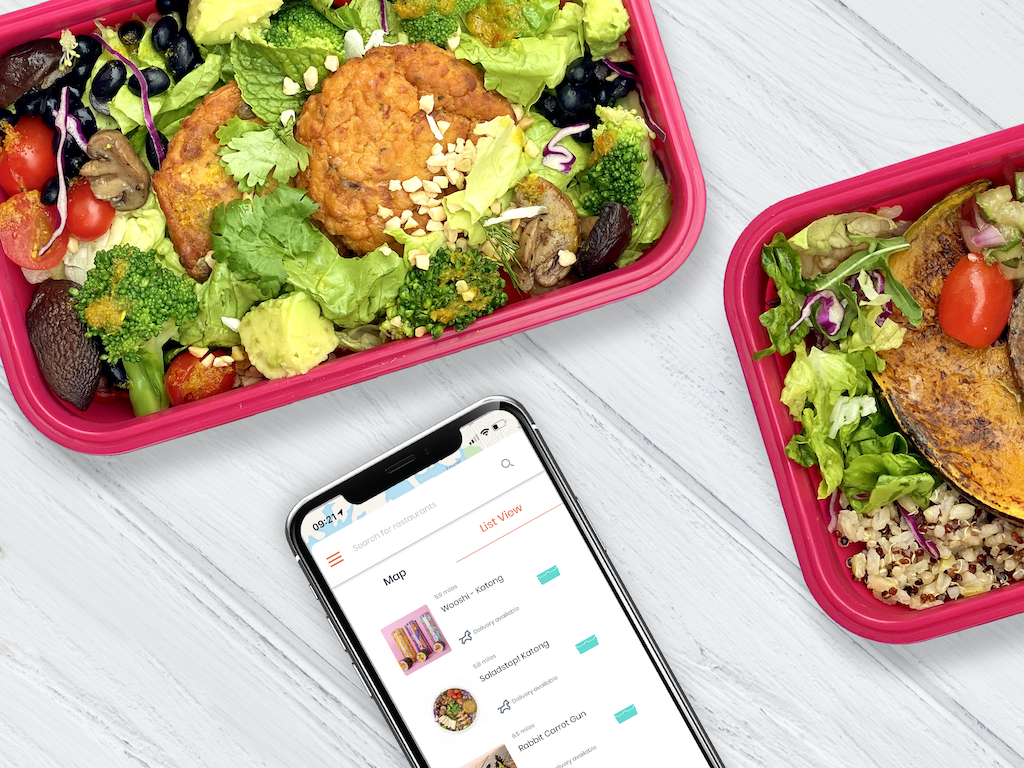
4. BarePack
Singapore startup BarePack is taking aim at the enormous waste left behind by takeaway and food deliveries, and replacing single-use packaging with their reusable containers. So far, the company has partnered with major food delivery platforms in Singapore like GrabFood, Deliveroo and FoodPanda, making it possible for restaurant partners to send out food orders to customers who have signed up with BarePack to get their dishes delivered in BarePack’s silicone FlexBox or stainless steel KindCup. Customers can then return the reusables to any of the city’s 120 drop-off points or request a home pick-up service from BarePack, who will professionally clean and reuse the items.
Want to know more about BarePack? Read our Q&A with co-founder Roxane Uzureau here.
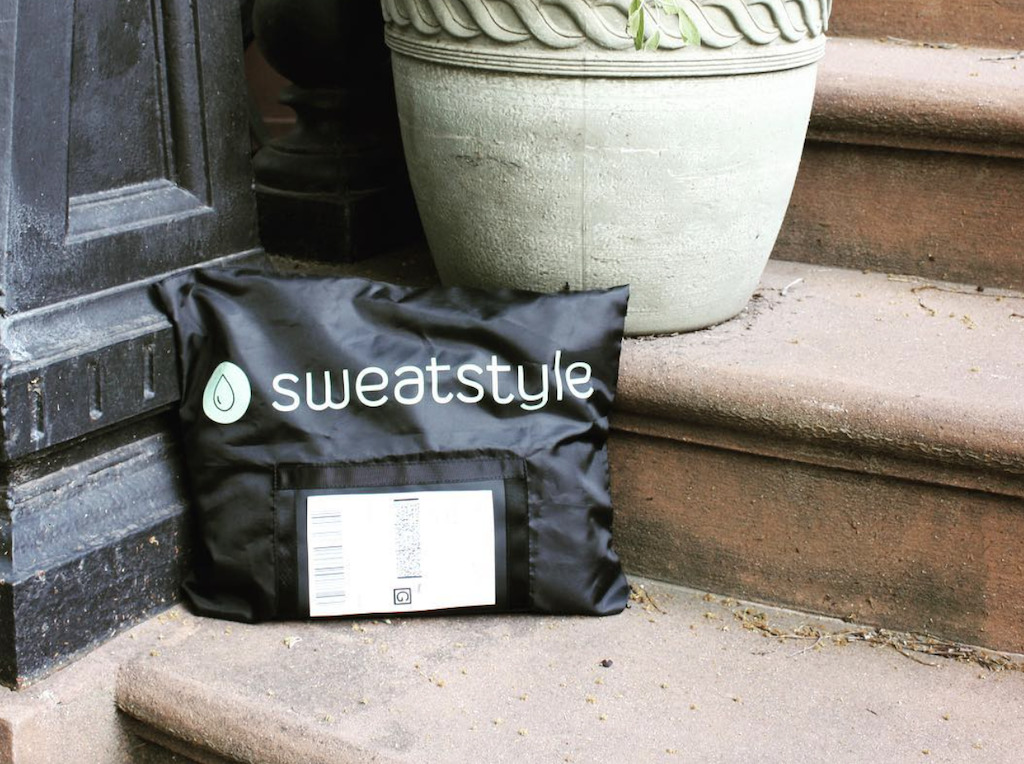
5. Returnity
Californian B2B startup Returnity provides reusable packaging solutions to companies and organisations who want to ditch single-use items. The company offers a range of reusables, such as mailers, shipper boxes, garment bags, envelopes and duffels, all of which can be customised for brands. They also make it super easy for businesses to switch to reusables with its easily-integrated logistics system that includes cleaning, repairing and replacing its reusable products. Some of the online marketplaces and brands that Returnity has worked with include Rent The Runway, Borobabi and ThredUp.
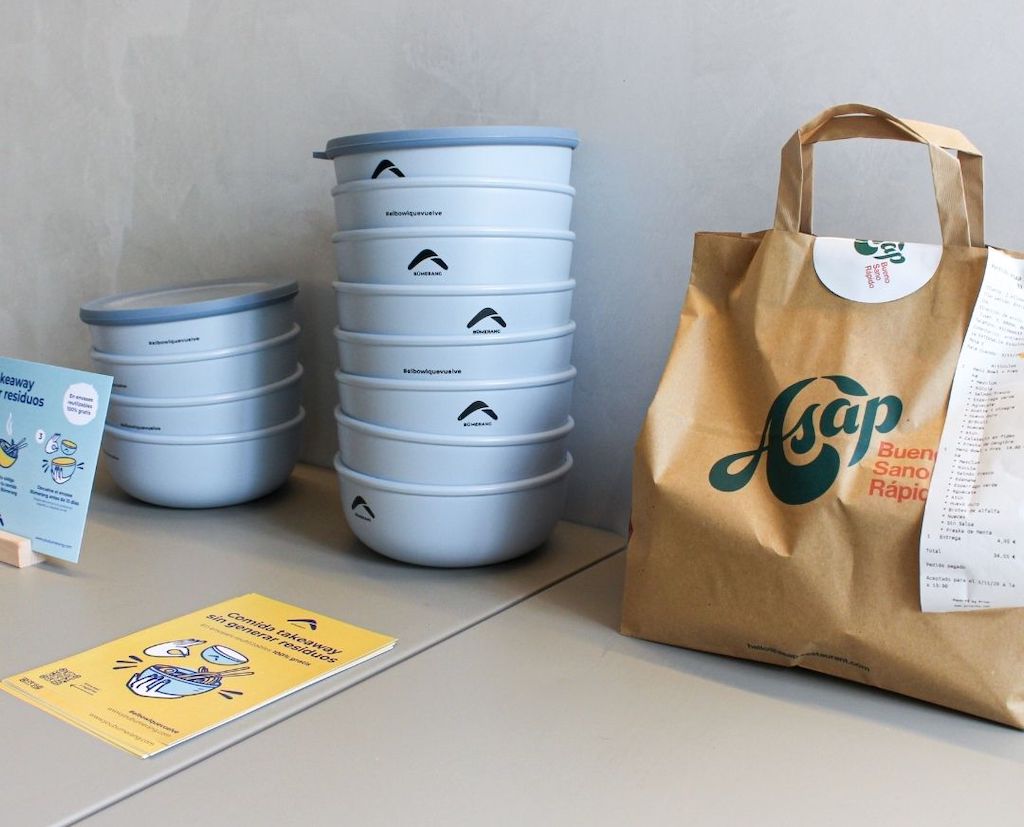
6 Bumerang
Bumerang is a Barcelona-based company that offers reusable takeaway packaging to food businesses, the first of its kind to land in Spain. Restaurant partners can send their dishes out in “Bumerangs” to be delivered to their hungry customers, and when they’re done, these containers can be returned to any of the company’s affiliated food establishments. Bumerang then picks them up, sanitises them, and sends these containers back to restaurants to be reused again and again.
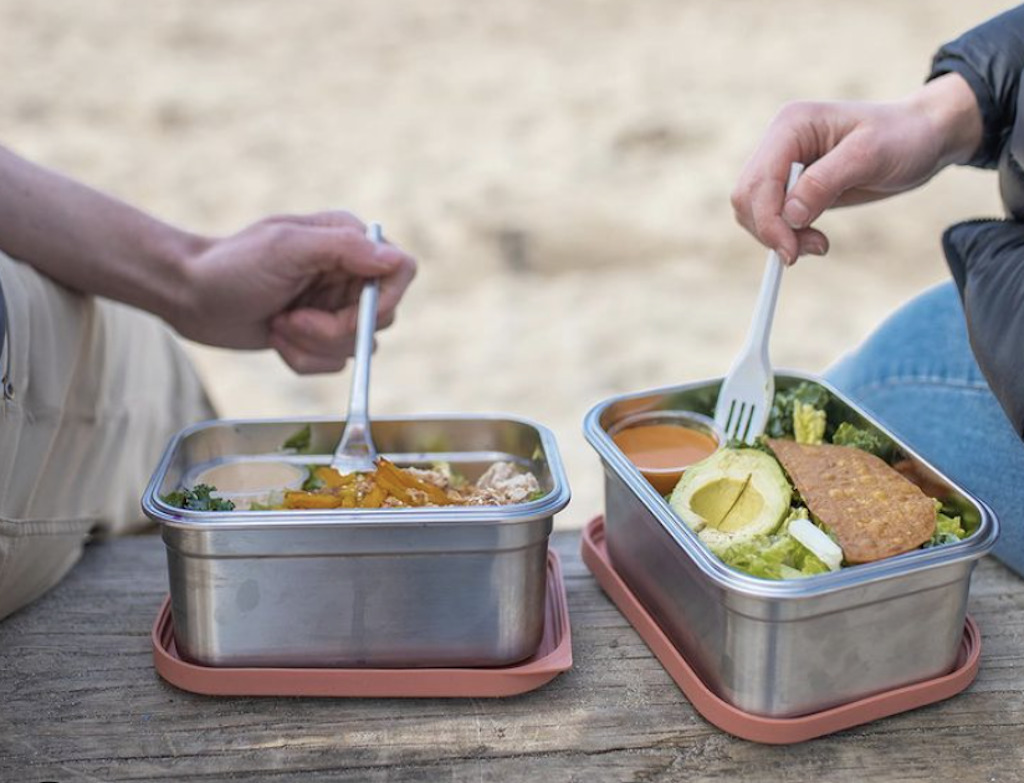
7. Reusables
Reusables is a container sharing platform, which enables all takeout food to come in sustainable stainless steel “vessels” that can be used thousands of times. All users have to do is to sign up to the Vancouver-based company’s platform and order their meal from restaurant partners, and once done, return the containers to Reusables’ listed drop-off points within two weeks. Reusables then handles the collection and cleaning, making it easy for both diners and businesses to go zero-waste. They’ve even recently partnered with bike deliverers Shift to launch a zero-emission pick-up option for customers.
Lead image courtesy of Returnity.


